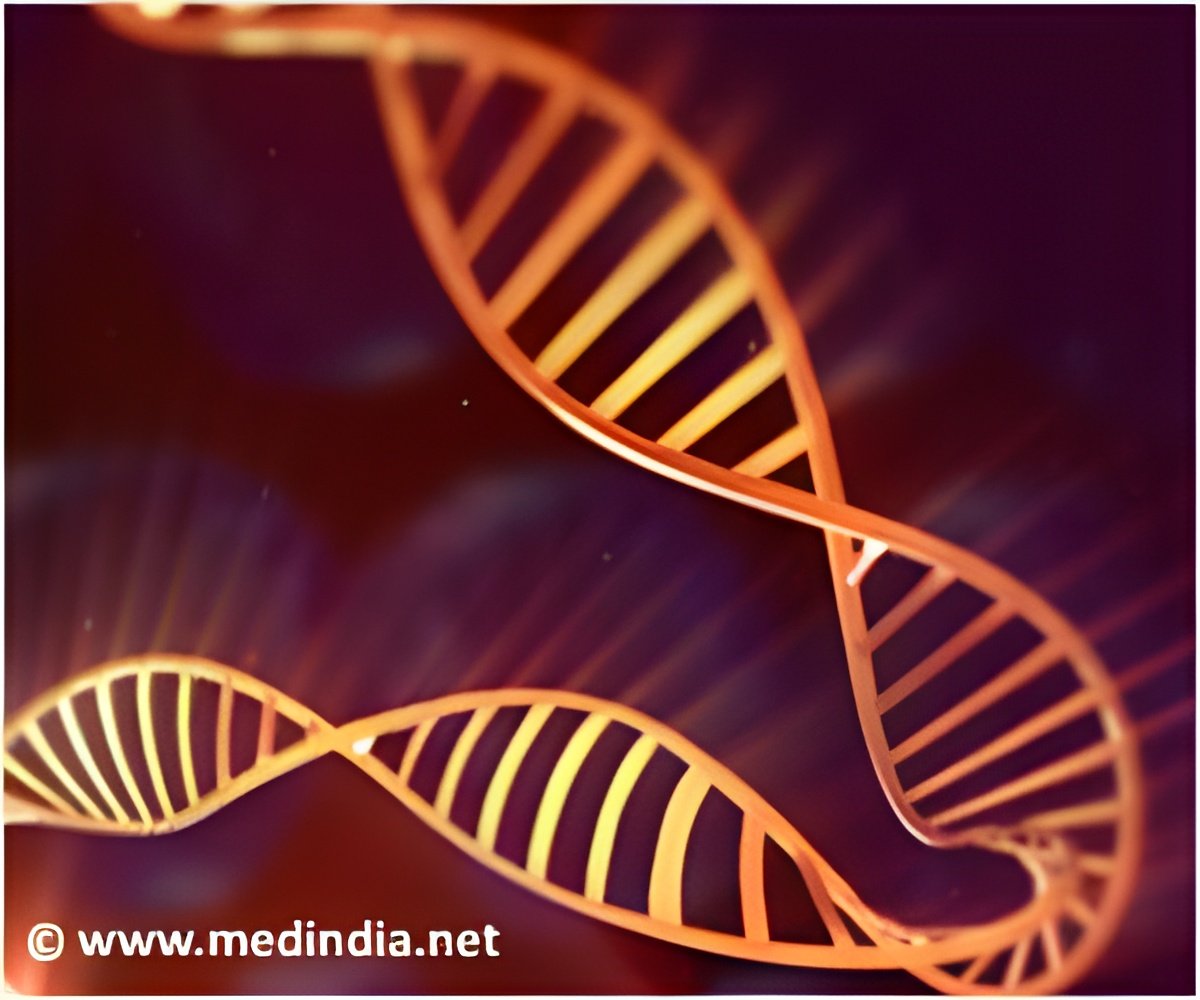An inherited gene mutation, which is linked exclusively with to acute lymphoblastic leukemia (ALL) occurring in multiple relatives in individual families has been discovered.

"Pioneering work from St. Jude and others has identified inherited variations in other genes that modestly increase the risk of developing ALL, but few had been identified in familial leukemia," said co-corresponding author Charles Mullighan, MBBS(Hons), MSc, M.D., an associate member of the St. Jude Department of Pathology. "Prior studies had identified inherited mutations in families with multiple types of cancer including leukemia, but not in families with ALL alone."
While inherited mutations have been linked to an increased risk of breast, colon and other cancers, particularly adult cancers, very few have been tied to childhood tumors. ALL affects about 3,000 children nationwide annually, making it the most common childhood tumor.
"For families with several generations of cancer patients, it means a lot to know that scientists and clinicians are working together to better understand the genetic factors that explain their family's increased risk," said co-author John T. Sandlund, a member of the St. Jude Department of Oncology. "They are hopeful that other families, as well as their own, might benefit from this research."
The mutation was found in the normal cells and leukemia cells of eight ALL patients from several generations of two unrelated families. The work was led by researchers at St. Jude, Memorial Sloan-Kettering Cancer Center in New York and the University of Washington, Seattle.
The newly identified mutation is a single letter change in the DNA sequence of PAX5. The change results in the amino acid glycine being substituted for serine at amino acid 183 in the PAX5 protein. While PAX5 sequence mutations are common in sporadic cases of ALL, this mutation is the first identified at this location in the protein.
The mutation was discovered by sequencing the exome of normal cells from seven ALL patients in the two families and the exomes of the leukemic cells of four of these patients. The exomes from three relatives unaffected by leukemia were also sequenced.
Researchers studied 39 other families with a history of multiple tumors, including leukemia, without finding additional inherited PAX5 mutations. The researchers also examined more than 500 additional cases of non-inherited B cell ALL and found mutations at the same position of the PAX5 gene in two more patients. These two individuals had also lost the other copy of PAX5 through partial deletion of chromosome 9 in their leukemic cells. The findings suggested that the PAX5 mutation and deletion of the second, non-mutated copy of PAX5 contribute to the development of leukemia.
The PAX5 gene encodes a transcription factor, which is a protein that regulates the activity of other genes. Working in cells growing in the laboratory, investigators found evidence that the newly identified PAX5 mutant resulted in reduced expression of genes normally regulated by PAX5 in developing and mature B cells.
Researchers used a technique called transcriptome sequencing to examine the patterns of gene expression in leukemic cells from two of the patients with familial leukemia and 139 patients with non-inherited ALL. The results also associated the PAX5 mutation to deregulation of the genes that the PAX5 protein controls.
"The study clearly shows that the inherited PAX5 mutation is an important event in the development of leukemia. More work is needed to define the full range of inherited mutations in ALL," said first author Esmé Waanders, Ph.D., a St. Jude post-doctoral fellow who is affiliated with Radboud University Medical Center, Nijmegen, the Netherlands.
Source-Eurekalert
 MEDINDIA
MEDINDIA



 Email
Email










